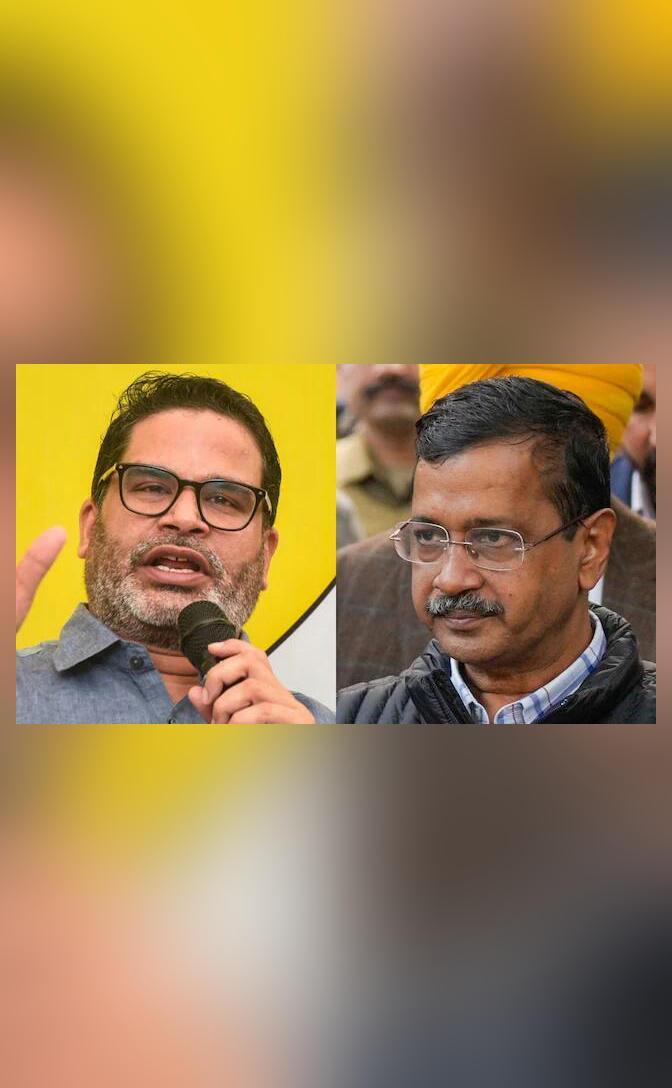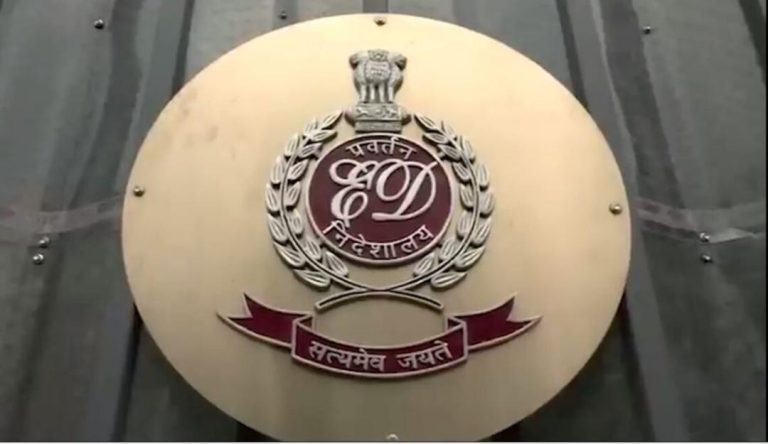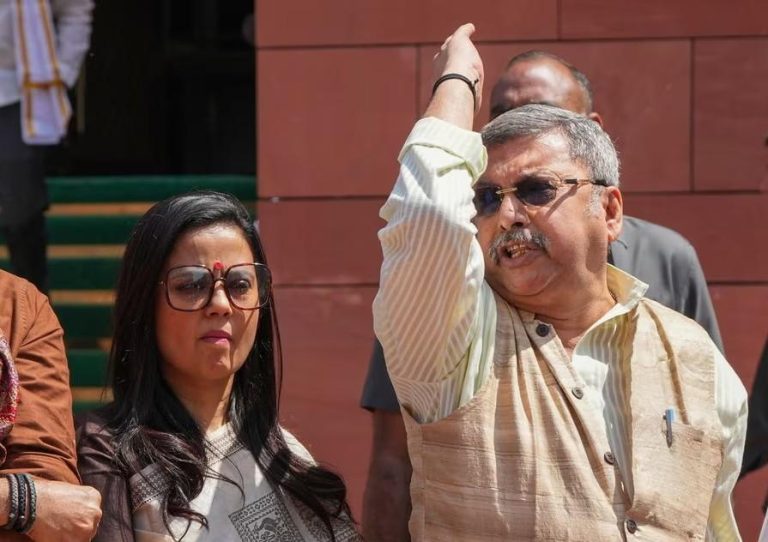
Prashant Kishor Lists Reasons Why Kejriwal & AAP Lost in Delhi Elections
The Delhi elections have come and gone, leaving behind a trail of shock and awe for all concerned. The Aam Aadmi Party (AAP), which had been riding high on the waves of popularity in the national capital, suffered a humiliating defeat at the hands of the Bharatiya Janata Party (BJP). The defeat was a major setback for the AAP, which had been hoping to make a strong comeback in the Delhi polls. In the aftermath of the defeat, many have been trying to identify the reasons behind the AAP’s loss. One person who has been vocal about his views on the subject is Prashant Kishor, a renowned politician and former political strategist.
In a recent interview, Prashant Kishor went into great detail about the reasons behind the AAP’s defeat, specifically highlighting the mistakes made by AAP’s national convenor, Arvind Kejriwal. Kishor, who has worked with many political parties in the past, including the BJP, Congress, and Trinamool Congress, has a deep understanding of the political landscape and is considered one of the most astute political minds in the country.
According to Kishor, the first and foremost reason for the AAP’s defeat was Kejriwal’s decision to resign as the Chief Minister of Delhi after being granted bail in the liquor policy case. Kishor believes that this was a “big strategic mistake” made by Kejriwal, which severely impacted the party’s chances in the polls.
“Kejriwal’s decision to resign after being granted bail was a big strategic mistake. The moment he resigned, the narrative shifted from the issue of corruption and the liquor policy to Kejriwal’s personal issues,” Kishor said in an interview.
Kishor explained that by resigning, Kejriwal inadvertently created an opportunity for the BJP to shift the narrative away from the corruption issue and focus on the personal scandals surrounding the AAP leader. This, according to Kishor, was a major blunder on the part of Kejriwal and the AAP.
Another reason that Kishor attributed to the AAP’s defeat was the 10-year anti-incumbency factor. Kishor believes that the AAP had been in power in Delhi for too long, and the people were looking for a change.
“The 10-year anti-incumbency factor was a major factor in the AAP’s defeat. People were looking for a change, and the AAP was unable to provide that,” Kishor said.
Kishor also criticized Kejriwal’s decision to join and exit the INDI Alliance, a coalition of opposition parties. According to Kishor, Kejriwal’s fluctuating stance on the alliance “hurt his credibility” and made the people question his commitment to the cause.
“Kejriwal’s decision to join and exit the INDI Alliance was a big mistake. It hurt his credibility and made the people question his commitment to the cause,” Kishor said.
Kishor also attributed the AAP’s defeat to the party’s failure to connect with the youth. According to Kishor, the AAP’s campaign was too focused on the issues of corruption and the liquor policy, which did not resonate with the youth.
“The AAP’s campaign was too focused on the issues of corruption and the liquor policy, which did not resonate with the youth. The party failed to connect with the youth and appeal to their aspirations,” Kishor said.
In conclusion, Prashant Kishor’s assessment of the AAP’s defeat in the Delhi elections is a scathing critique of the party’s mistakes. According to Kishor, the AAP’s defeat was a result of a combination of factors, including Kejriwal’s decision to resign as Chief Minister, the 10-year anti-incumbency factor, Kejriwal’s fluctuating stance on the INDI Alliance, and the party’s failure to connect with the youth.






